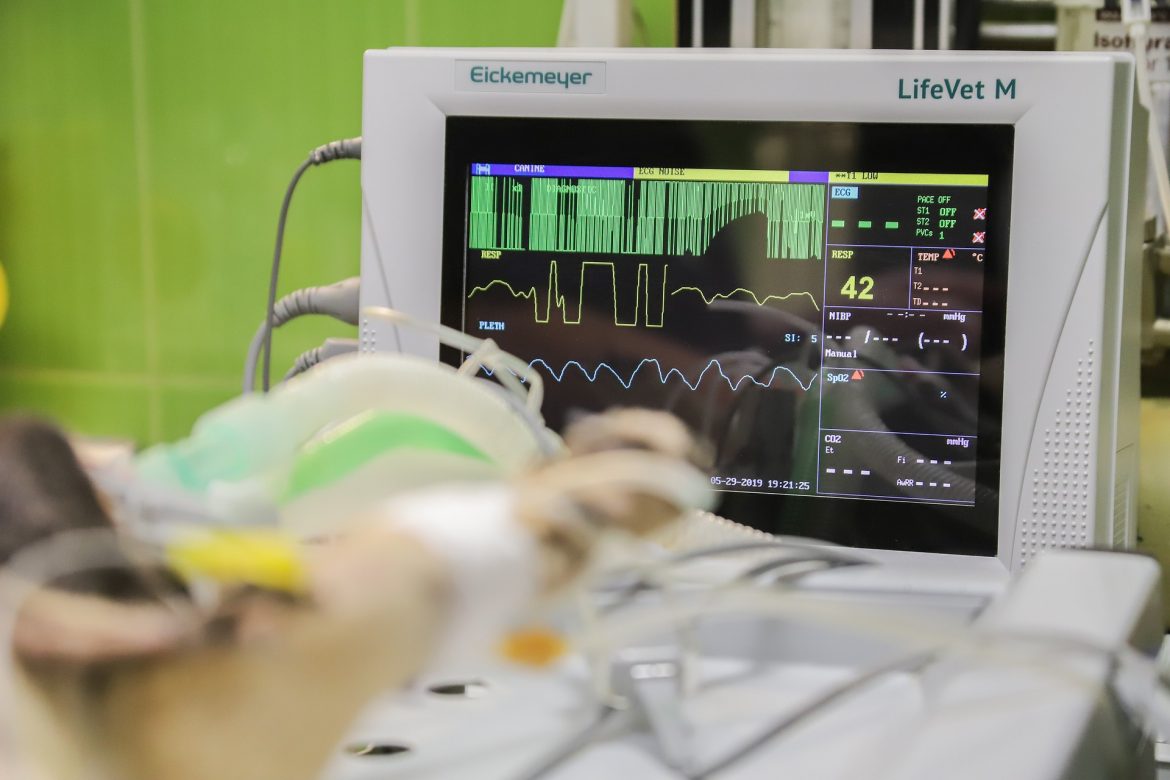Access to medical facilities and quality of care are important factors that determine the state of healthcare in any state or region. Illinois, one of the most populous states in the US, has a mixed record when it comes to healthcare. On the one hand, the state has some of the best medical facilities in the country, including world-class academic medical centers, community hospitals, and specialized clinics. On the other hand, there are significant disparities in access to healthcare, especially in rural and low-income areas, and the quality of care varies widely depending on the provider and location. In this article, we will explore the state of healthcare in Illinois and the programs aimed at improving public health.
Access to Medical Facilities
Illinois has a large number of medical facilities, including over 200 hospitals, 100 federally qualified health centers, and numerous private clinics and physician practices. However, access to healthcare is not evenly distributed across the state. Many rural areas in Illinois have a shortage of healthcare providers, making it difficult for residents to access medical services. In addition, low-income areas and communities of color often face barriers to healthcare, such as lack of insurance, transportation, and language barriers.
To address these issues, Illinois has implemented several programs aimed at increasing access to healthcare. One such program is the Medicaid expansion under the Affordable Care Act (ACA), which has extended health insurance coverage to over 600,000 Illinois residents who were previously uninsured. In addition, the state has launched the Illinois Rural Health Initiative, which provides funding and support for rural health clinics and hospitals, and the Illinois Community Health Workers program, which trains and deploys community health workers to provide healthcare education and services to underserved communities.
Quality of Care
The quality of healthcare in Illinois varies widely depending on the provider and location. Illinois has some of the best academic medical centers in the country, such as Northwestern Memorial Hospital, University of Chicago Medical Center, and Rush University Medical Center, which provide cutting-edge treatments and research. However, many community hospitals and clinics struggle to provide high-quality care due to lack of resources, staffing, and infrastructure.
To improve the quality of care, Illinois has implemented several programs focused on patient safety and quality improvement. One such program is the Illinois Hospital Report Card, which provides information on hospital performance and outcomes to help patients make informed decisions about their healthcare. The state also has a Patient Safety Authority, which promotes best practices in patient safety and works to reduce medical errors and adverse events in healthcare facilities.
Public Health Programs
In addition to improving access and quality of healthcare, Illinois has implemented several programs aimed at improving public health outcomes. One such program is the Illinois Tobacco Quitline, which provides free counseling and support for people trying to quit smoking. The state also has several initiatives focused on preventing and managing chronic diseases, such as the Illinois Diabetes Prevention and Control Program and the Illinois Cancer Control Plan.
Another important public health issue in Illinois is the opioid epidemic, which has affected many communities across the state. To address this crisis, Illinois has launched several programs aimed at preventing opioid abuse and providing treatment and support for people struggling with addiction. These include the Illinois Opioid Crisis Response Advisory Council, the Prescription Monitoring Program, and the Illinois Helpline for Opioids and Other Substances.
The state of healthcare in Illinois is a mixed bag, with access and quality of care varying widely depending on the provider and location. However, Illinois has implemented several programs aimed at improving access to healthcare, promoting patient safety and quality improvement, and addressing public health issues such as chronic diseases and the opioid epidemic. By continuing to invest in these programs and initiatives, Illinois can work towards achieving better health outcomes for all its residents.



